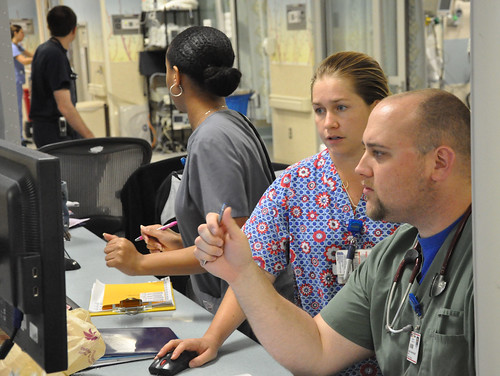March 26, 2013
BY Karen Ashley
7 Comments
"Do you always have that urge to shop for chocolates and candies?"
"Can’t you resist those yummy cakes and doughnuts?"
"Would you rather drink a delightful vanilla milkshake than green tea?"
If you answered YES to all my questions,
then probably you have a sweet tooth.
As much as you want to satisfy your
cravings, it is important to take note that sweets aren’t what your body needs.
Too much of it may cause diabetes. Don’t fret my fellow sweet tooth. You don’t
have to deprive yourself. In this post, I will give you a short list of healthy
things which you can do, but would still satisfy your urge to gobble sweet
munchies.
Exchange
your cakes for fruits. Fruits, as most of us know,
are a natural source of sugar. Let me add that it’s healthy sugar that we get
from fruits. After eating your dinner, you might want to have a serving of
fresh fruit. That’s better than eating a slice of cake.
Say
NO to ice creams and yes to yogurts.Would you like
something cold and sweet? Maybe you are thinking about getting your favorite
ice cream. Hold that thought! It would be better if you have yogurt. You see,
there are a lot of flavors to choose from. I say, guilt – free treat for
yourself. Well, you better choose the low – fat ones, OK?
Care
to have some smoothies? Get your blender and start
putting delicious fruits all together. It’s best for killing the afternoon
heat. You don’t have to add sugar. As I have said, fruits are source of natural
and healthy sugar.
Practice
small servings. I’m aware that it’s really hard to
totally eliminate sinful sweet foods from your system. The good news is, you
don’t have to do it right away. What you can do is to just have smaller
portions of your favorite desserts. Instead of having a slice of cake, why not
have half a slice? If you want to treat yourself for an ice cream, get the
smallest cup.
Make
a hot chocolate. There are a lot of low fat or non
– fat chocolate mixes to choose from. A cup should be able to satisfy your urge
to eat sweets. Sip a hot chocolate drink in the morning and you’d be pumped up
for the rest of the day.
It is very important that you take care of
your health, without really depriving yourself of what you want. The keyword is
moderation and discipline. You can eat sweet foods but make sure that it won’t
take up your entire diet.
Author Bio
Hillary Stor loves to eat, but sees to it
that she has the healthiest options. As a health buff, she is aware of the
importance of vitamins. In fact, she writes for a page where people can get
medicines online. Check out this Accessrx review for more.











